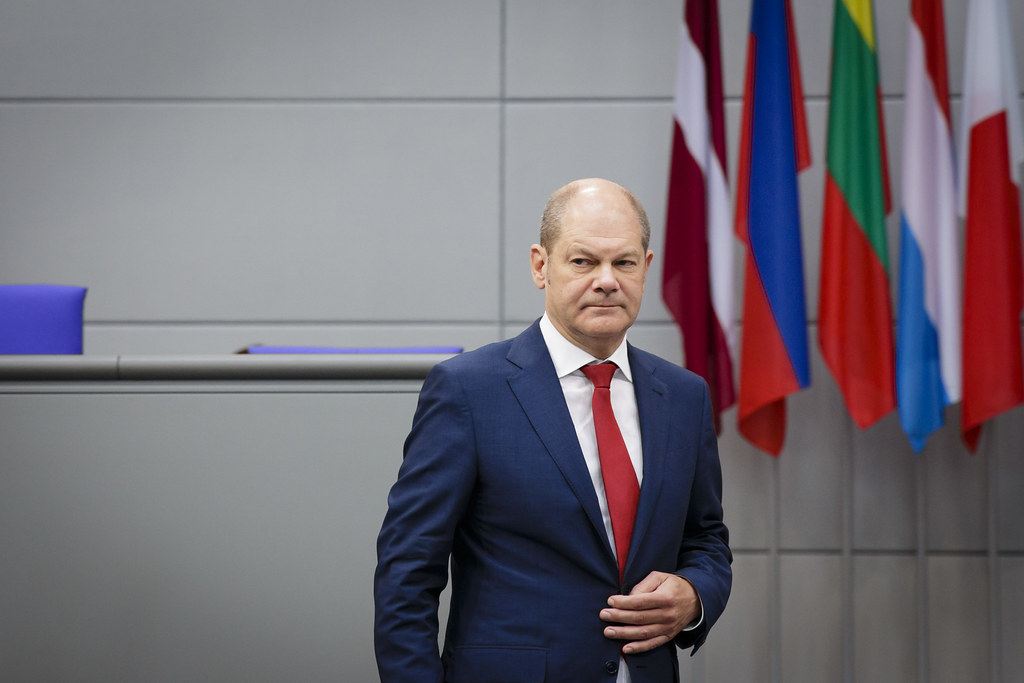The German government is preparing an emergency plan to ensure energy supplies during the coldest months of the year, at a time when the country’s energy security has become even more threatened after this week’s leak in Nord Stream gas pipelines.
Recognizing that winter could be one of the toughest in recent years, the CEO, led by Chancellor Olaf Scholz, has a €200 billion plan to tackle the energy shortage, using funds aimed at mitigating the effects of the Covid-19 pandemic. . This strategy includes measures such as capping electricity and gas prices, as well as subsidizing businesses.
“El Economista” offers that this plan will increase the indebtedness of Germany, which is already struggling with high inflation, which reached 7.9% in August.
“Prices should come down,” said Schultz, this Thursday, in Berlin, noting that for this, comprehensive measures will be taken to protect pensioners, employees and families, “people from the countryside and the city, so that everyone can move forward and pay their bills.”
The German government guarantees that the package of measures will not affect the country’s national debt targets next year, and that it is designed to protect the economy without exacerbating the inflation rate.
Schultz charged that “Russia not only uses weapons in the Ukraine war, but is also transforming its energy supplies into a weapon at the international level.”
Just today, the German energy regulator warned that over the past week homes and businesses have used up more gas than expected as temperatures begin to drop as autumn approaches. It warns that at least 20% savings are needed to avoid running out of fuel during the winter.

“Wannabe internet buff. Future teen idol. Hardcore zombie guru. Gamer. Avid creator. Entrepreneur. Bacon ninja.”

